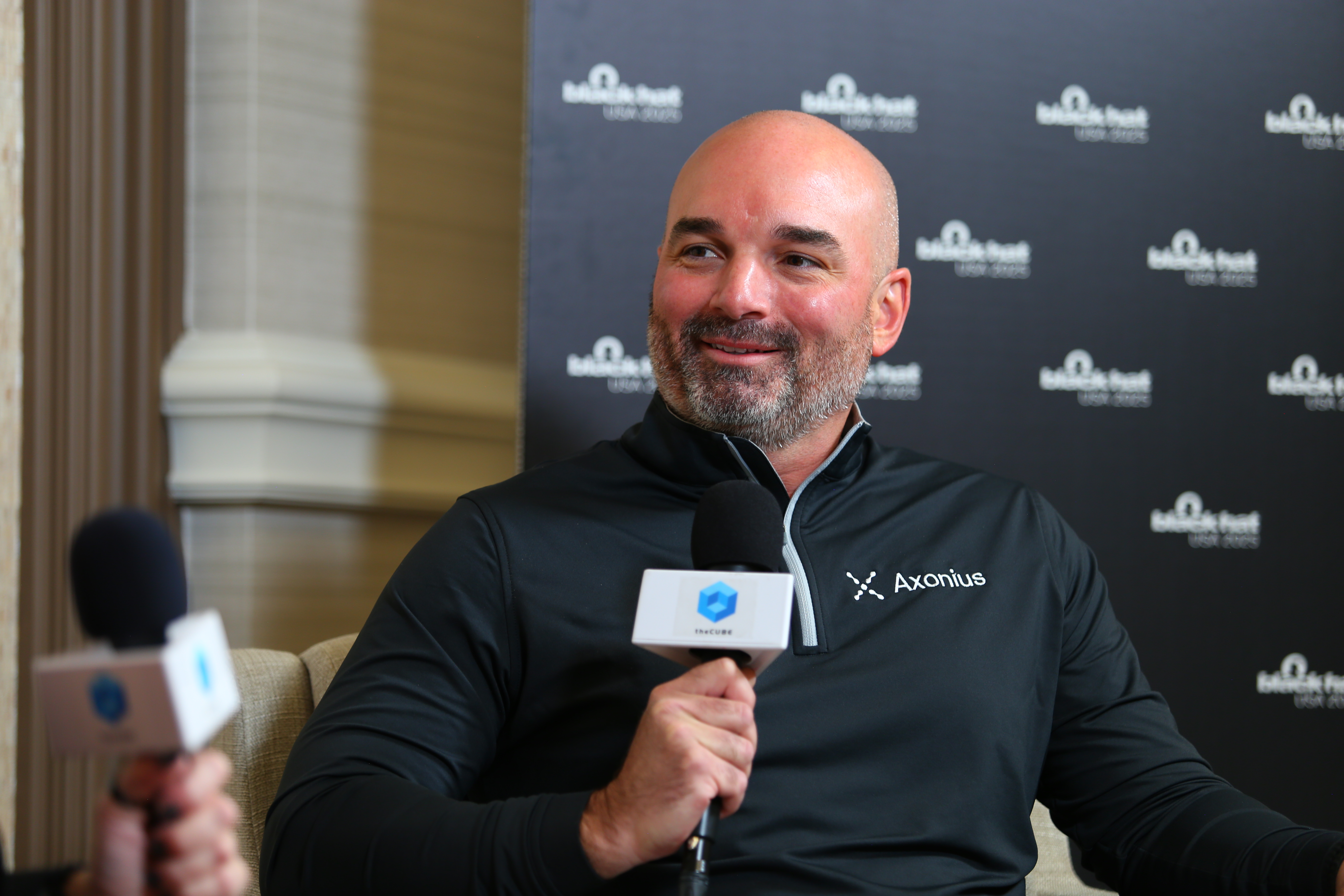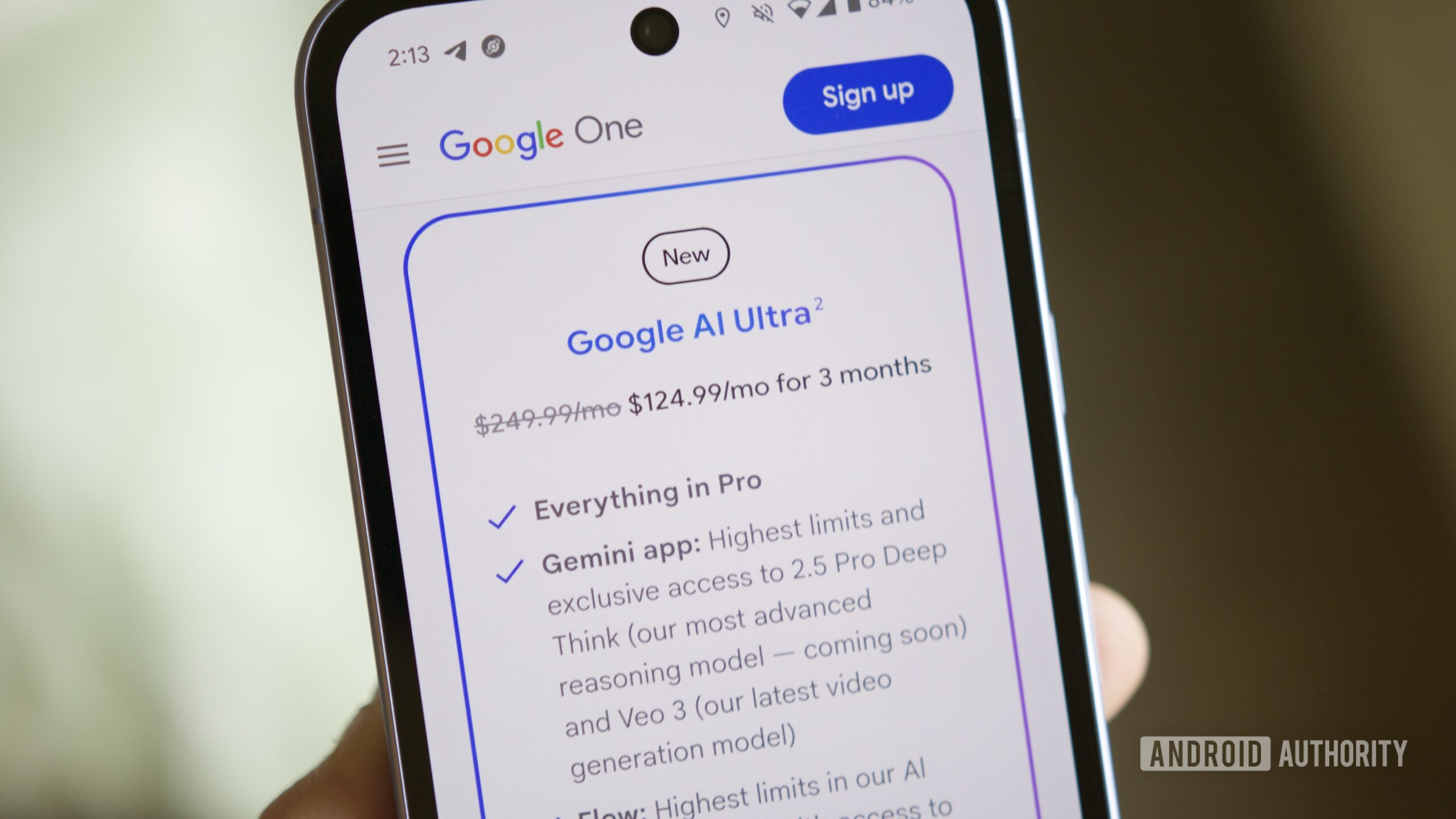THE BBC is to launch a “streaming box” aimed at simplifying watching TV in the digital age.
The new box is designed specifically for people who find modern streaming technology overwhelming.
1
It comes after the corporation unveiled the new Freely box last week, which is due to replace the traditional Freeview and Freesat services.
Rather than relying on aerials or satellite dishes, Freely streams live channels and catch-up content directly to a TV.
The switch is being overseen by Everyone TV, formerly Digital UK, which is responsible for the day-to-day running of free TV platforms – Freely, Freeview and Freesat – as well as leading free TV’s evolution for a digital age.
Everyone TV is owned and supported by the UK’s leading public service broadcasters – the BBC, ITV, Channel 4 and 5.
Since its launch last year, Freely has been gradually building up its channel lineup.
It now offers BBC, ITV, Channel 4, 5 and around 40 other broadcasters.
However, the biggest barrier to switching from Freeview to Freely has always been availability as the latter only worked on brand-new smart TVs from select manufacturers.
Those who purchased a TV several years ago would be unable to upgrade.
Problem solved
That has now been solved with the new standalone Freely device, made by French firm Netgem.
The new device has no aerial port.
Unlike current Freely TVs that allow users to “top up” with traditional Freeview channels through an aerial connection, this device is streaming-only.
But while the new Freely Box is designed to allow greater access to Freeview and Freesat, this week the BBC revealed it plans to make ANOTHER streaming box, as first reported by Cord Busters.
This will be a much simpler device and is unlikely to have some of the key features of Freeview – including access to dozens of streaming apps and channels.
Where the Netgem device offers streaming apps and dozens of additional channels, the BBC’s accessibility box is expected to focus purely on the essential UK broadcasters with minimal distractions.
Instead of navigating through multiple apps and complex menus, there is likely to be a straightforward channel guide.
This will allow quick access to catch-up services, and an interface that prioritises simplicity over features.
Why the BBC is launching the simplified box now
It comes after a BBC report identified three groups who risk being left behind as broadcasting adapts to the change from aerials to internet connections.
These are unemployed people, who the BBC believe are often held back by affordability, people with disabilities (facing accessibility barriers), and over-75s (many lacking confidence with digital technology).
What the two new boxes mean for YOU

Observers say the emergence of two different Freely approaches suggests the streaming transition will not be as simple as first thought.
Rather than an easy switch from aerials to internet connections the process is likely to be much more nuanced, with different options available for those who feel more confident – or less so – adapting to new technologies.
Viewers comfortable with technology and wanting the full streaming experience would likely choose the feature-rich Netgem box. This would allow access to dozens more apps and channels.
However, those who find modern streaming overwhelming or just want something that works like traditional TV would have the simplified BBC option.
It’s a recognition that not everyone wants their television to be a computer with endless apps, features, bells and whistles.
Sometimes, people just want to turn on the telly and watch EastEnders or Coronation Street.
When all this takes place, however, is still unclear,
The Netgem box is launching later this year, but the BBC is still “exploring” their accessibility device, according to Cord Busters.










